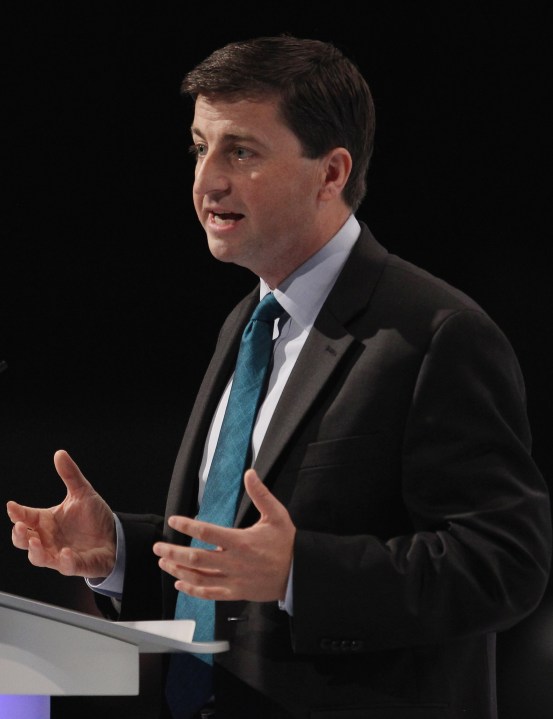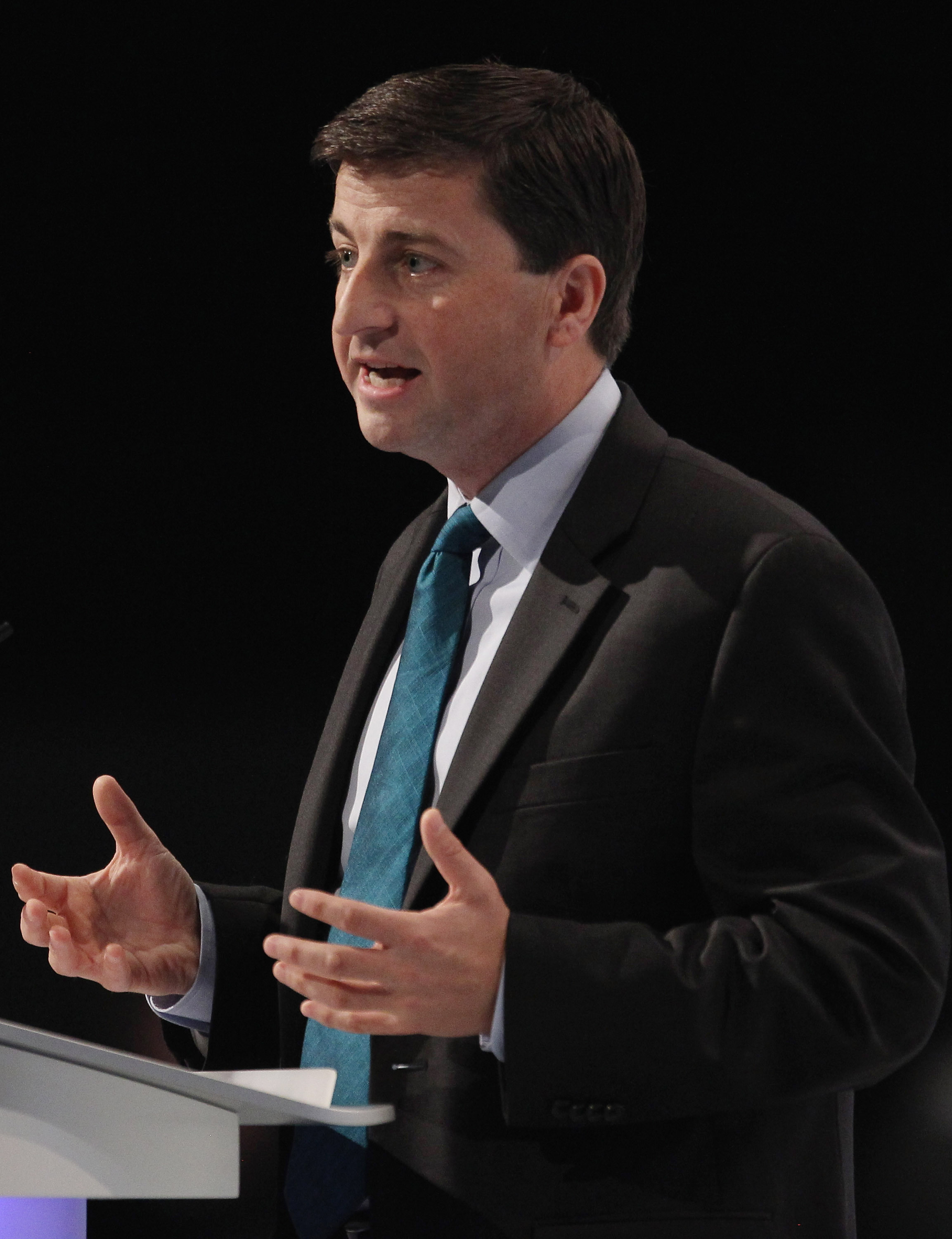 As William Hague found before last year’s election, getting your voice heard on
foreign policy is difficult for an Opposition. You are, at best, reduced to providing commentary to on-going events, vying not with the government for access to the media but with an array of
better-informed foreign policy experts. Having a distinctive take on the changes in the world and practical ideas for how to affect change is harder still. You don’t have a 1,500-person
strong Foreign Office.
As William Hague found before last year’s election, getting your voice heard on
foreign policy is difficult for an Opposition. You are, at best, reduced to providing commentary to on-going events, vying not with the government for access to the media but with an array of
better-informed foreign policy experts. Having a distinctive take on the changes in the world and practical ideas for how to affect change is harder still. You don’t have a 1,500-person
strong Foreign Office.
For Labour, there is a different set of problems. Does the party opt for Blairite interventionism, tempered by the fiscal and political realities? If so, what’s the difference to what David
Cameron is doing? Does the party go back to a Brownite worldview, focused primarily on the so-called “new” threats — scarcity, environmental change and the need for a reworked
international order? If so, how does it explain the likelihood of such an agenda, when Gordon Brown failed to succeed it in far richer times? Or does the party back a new isolationism, urging the
nation to focus inward, on what Barack Obama has called “nation-building at home”, at the risk of violating its internationalist legacy?
Labour Shadow Foreign Secretary Douglas Alexander is giving it his best shot. In a speech at RUSI this week he
gave his take on the “Arab Spring”. In short, he supported the government on Libya; was tougher on Bahrain; and seemed informed, but not particularly newsworthy, about Yemen, Saudi
Arabia and Iran.
At times, the speech was platitudinous, as when Alexander stated that a “geopolitics of the Middle East driven by optimistic, aspirational populaces rather than pessimistic, sedentary
autocrats will have a very different dynamic”. But elsewhere he was more insightful, as when he analysed the post-Libyan Turkish foreign policy and the need for a non-accession strategic
dialogue with Ankara.
Where he tried to be different from the government — on European engagement in the Middle East, for example — the Scotsman risked suggesting that the problems have emerged from British
policy, not intrinsic European problems. William Hague and, indeed, Nick Clegg have pushed hard for the EU to take a more serious approach to North Africa — to little avail. But it is not for
want of trying. Alexander is more innovative on people-to-people contacts, an area where ministerial wishes have been undermined by bureaucratic scepticism.
All in all, a consensus-seeking, workmanlike speech, which showed competence, but displayed neither distinctiveness nor the intellectual smarts that the Shadow Foreign Secretary is capable of. But
neither did it showcase the partisanship that he is also known for. And that may not be a bad summation of a post-New Labour foreign policy.
Daniel Korski
What is Labour’s foreign policy these days?







Comments